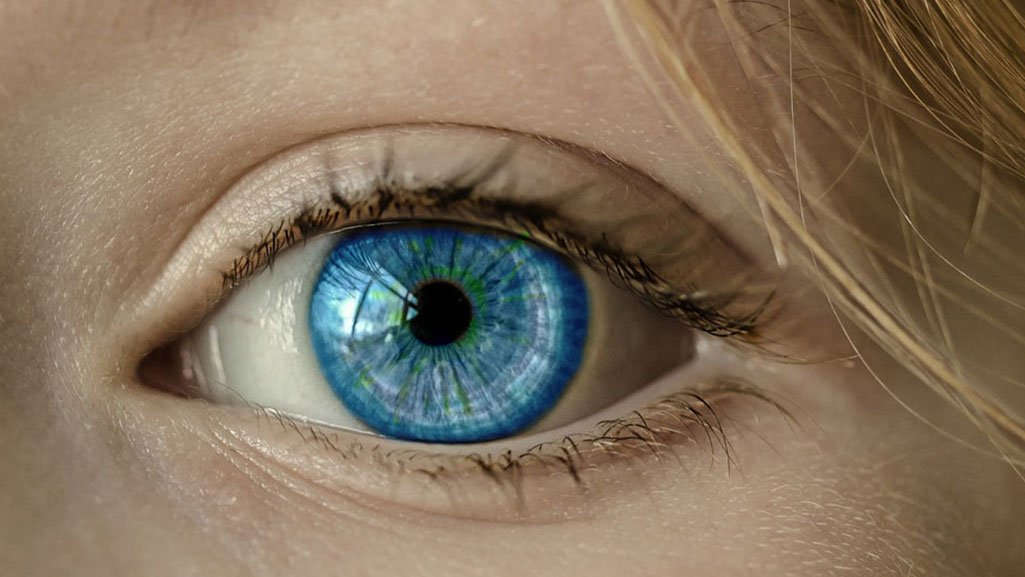SMILE eye surgery (Small Incision Lenticule Extraction) has become a game-changer in the world of laser vision correction—offering a minimally invasive, flap-free alternative to LASIK. But many prospective patients wonder:
“Can I get SMILE eye surgery if I have dry eyes or thin corneas?”
The answer is yes, in many cases—but it depends on the severity of the condition and the results of a comprehensive eye evaluation. This guide will walk you through how SMILE can be a safer option for patients with dry eyes or thin corneas, and what factors your surgeon will consider.
What Are Dry Eyes and Thin Corneas?
Before diving into candidacy, let’s define these two conditions:
👁️ Dry Eye Syndrome
A chronic condition where your eyes do not produce enough tears or produce poor-quality tears. Symptoms include:
- Burning or stinging
- Redness
- Grittiness
- Sensitivity to light
- Blurred vision
🧪 Thin Corneas
The average corneal thickness is about 540–560 microns. A “thin cornea” is generally defined as anything under 500 microns, which may pose risks in flap-based surgeries like LASIK.
Why SMILE May Be Better for Dry Eyes
One of the key advantages of SMILE over LASIK is its reduced impact on corneal nerves—a major factor in post-surgical dry eye.
✅ Here’s how SMILE helps:
- No corneal flap means less disruption to the corneal nerve plexus.
- The small incision (~2–4 mm) preserves more of the eye’s natural anatomy.
- Corneal sensitivity returns more quickly compared to LASIK or PRK.
- Fewer dry eye symptoms reported postoperatively.
📊 Clinical Evidence:
A 2019 study published in BMC Ophthalmology found that patients who underwent SMILE had fewer and shorter-lasting dry eye symptoms than those who underwent LASIK. Tear film stability was better at 1 month and 3 months post-op in the SMILE group.
✔ Good Candidates with Dry Eyes:
- Mild to moderate dry eye symptoms
- No active infection or inflammation
- Good response to lubricating drops or conservative treatments
If you suffer from severe dry eye or have underlying autoimmune conditions (e.g., Sjögren’s Syndrome), you may be advised to stabilize your tear film before undergoing surgery—or consider non-laser options like ICL (Implantable Collamer Lens).
Is SMILE Suitable for Patients With Thin Corneas?
Corneal thickness is a crucial factor in all types of laser vision correction. During LASIK, a flap is created, removing about 100–120 microns of tissue in addition to the reshaping laser ablation—making thin corneas a potential contraindication.
✅ Why SMILE is safer for thin corneas:
- No flap creation, preserving more of the anterior corneal surface.
- SMILE can be performed at deeper stromal layers, distributing tissue removal more efficiently.
- Biomechanical stability is better preserved than with LASIK.
📊 Research Insight:
Studies have shown that SMILE results in less postoperative weakening of the cornea, reducing the risk of ectasia (a rare but serious complication where the cornea bulges forward).
✔ Candidacy Factors for Thin Corneas:
- Corneal thickness above 480 microns
- Sufficient residual stromal bed (>250 microns after tissue removal)
- Regular corneal shape confirmed via topography
- No signs of keratoconus or irregular astigmatism
Patients with extremely thin or irregular corneas may still be better candidates for PRK (a surface procedure) or non-laser alternatives like ICL.
Important Preoperative Assessments
Whether you have dry eyes, thin corneas, or both, your ophthalmologist will conduct detailed preoperative testing, including:
- Corneal topography and tomography
- Pachymetry (corneal thickness mapping)
- Tear film break-up time (TBUT)
- Schirmer’s test for tear production
- Wavefront analysis and pupil size
These results help the surgeon evaluate:
- If SMILE is safe and appropriate for you
- If pre-treatment (e.g., for dry eye) is needed before surgery
- How much correction can safely be performed
Alternatives If You’re Not a SMILE Candidate
If SMILE is not recommended based on your evaluation, here are alternative options:
🔹 PRK (Photorefractive Keratectomy):
- Suitable for thin corneas
- No flap, but longer healing time
- May exacerbate dry eye in some cases
🔹 ICL (Implantable Collamer Lens):
- Ideal for very thin corneas or high prescriptions
- No removal of corneal tissue
- Does not contribute to dry eye symptoms
Final Thoughts: Can You Get SMILE With Dry Eyes or Thin Corneas?
Yes—many patients with mild to moderate dry eyes or thin corneas are still excellent candidates for SMILE eye surgery.
In fact, SMILE may be the safest laser vision correction procedure for these individuals due to its flap-free design and gentle approach.
However, proper screening and pre-treatment are essential. Always consult with a board-certified refractive surgeon who offers a full range of vision correction procedures. They can help determine whether SMILE—or another technique—is right for your unique eyes.




